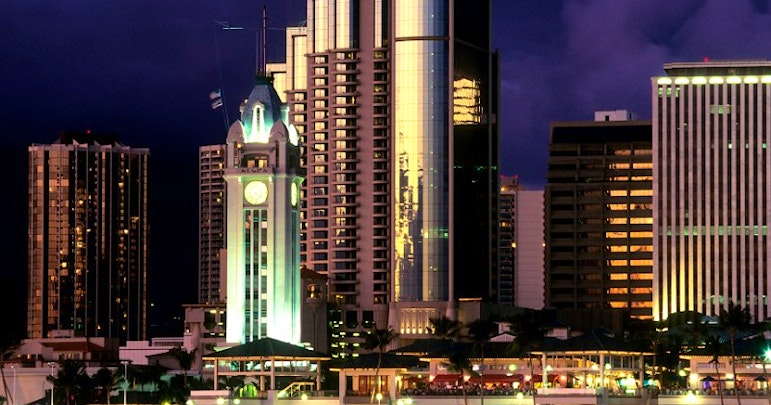
1. What are the homeowner’s association fees? And, are any current assessments in place or planned for the future?
Condo residents are required to pay homeowners associations fees to cover maintenance and repairs. When unexpected repairs arise, the homeowners association can authorize a special assessment: a one-time charge to each homeowner. If you’re considering owning a condo, find out if any special assessments are planned. Also, ask if there are any planned increases in the monthly maintenance fee.
Your Locations agent can provide you with maintenance fees from similar condos you can use as a comparison.
2. Does this condo meet my lender’s requirements for a loan?
Your lender may require certain things that signal that the condo will retain its value over time. For example, they may want to see that a minimum of 60 percent of the units are occupied by their owners (i.e. they aren’t empty or vacation rentals). If much less than 60 percent are owner-occupied, this could pose a problem for certain types of financing — especially if you have a minimum down payment or are an investor.
3. If I’m buying the condo as an investor, what are the rental laws and regulations?
The City of Honolulu says that residential areas must have a 30-day minimum rental. Some buildings are strict and require a 90-day minimum rental. Properties that are zoned “resort” allow for day-to-day or week-to-week rental. However most buildings — even in Waikiki — are not “resorts.”
4. What additions/improvements have been done to the unit, and do they have City and County permits and condo association approval?
Certain kinds of home improvements require permits and approvals, especially if they involve anything like construction, electricity and plumbing. However, it’s not uncommon to find that an improvement, like a lanai that has been enclosed to become indoor living space, has not been permitted or approved.
5. Is there a washer and dryer in this unit?
If not, you may want the option of having your own laundry facilities, either now or in the future. First, find out if the association will allow this. If so, check that the building has adequate plumbing and electricity to handle adding your own washer and dryer. If the building can accommodate the additional plumbing line, it’s often easy to have a washer/dryer installed.
6. Does this building allow pets?
While our furry friends may be family to us, many condo associations have restrictions. If you have a pet, read the house rules. Make sure you understand any restrictions on the type of pets, number of pets, or size of pet. Often, a condo complex may allow only a cat. Or, if it allows dogs, only dogs under a certain size or weight.
7. Does this condo come with parking?
Just because there’s parking in the complex, don’t assume it comes with your condo. Find out how many stalls are included in the sale. Are they covered or secured? Are there other parking stalls available for rent if needed?
8. Is there guest parking?
If you plan to entertain or have guests over often, guest parking can be an issue. How much guest parking is available? How far is it from the condo? Are there restrictions? What rules or regulations apply?
9. Does the building have central air conditioning?
Depending on where you live in Hawaii, air conditioning is very important. If the condo has central air conditioning, find out how new it is, who takes care of the maintenance, and how often it is maintained. If it doesn’t have central air, can air conditioner units be installed?
10. Get a copy of the condo’s house rules and read them.
All owners and occupants are expected to follow the homeowners association’s House Rules. Make sure you get a copy of the rules – and read them! Before you commit to owning a unit in the building, see if there are any l;okules that you have questions about? Are there any that you cannot live with?
And some buildings will have restrictions on external elements. For example, window coverings may need to stay within a certain design, size or color. Keep in mind that upgrades and improvements to your unit will almost always need to be approved by the association before you start work, especially if the changes will be visible from the street.
And if you have any additional questions about a particular condo or townhouse, ask your Locations agent.










